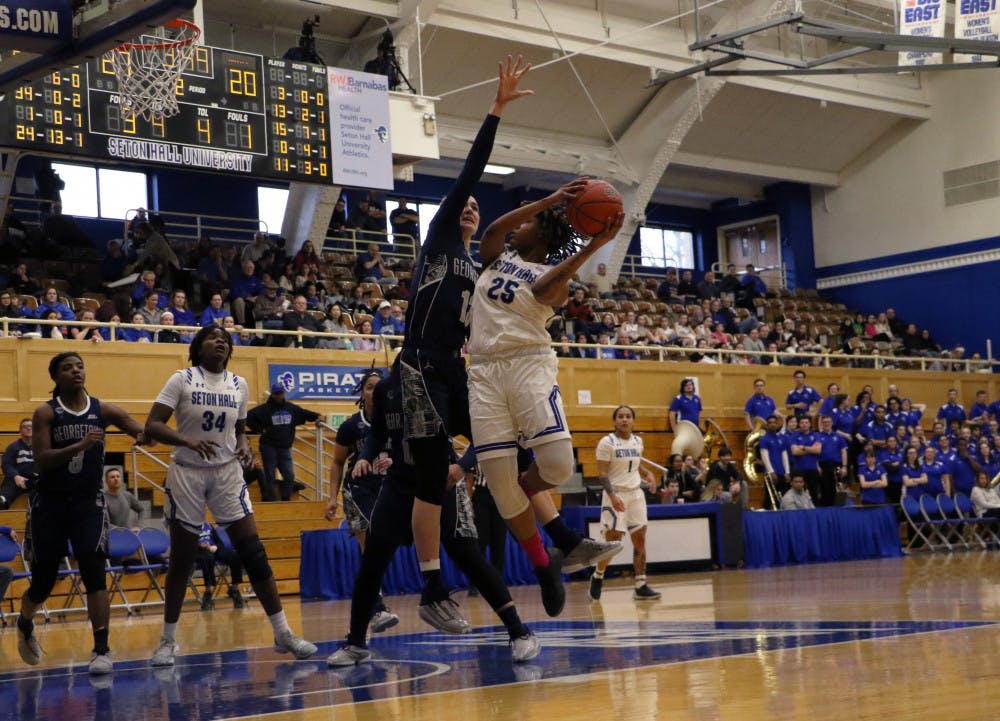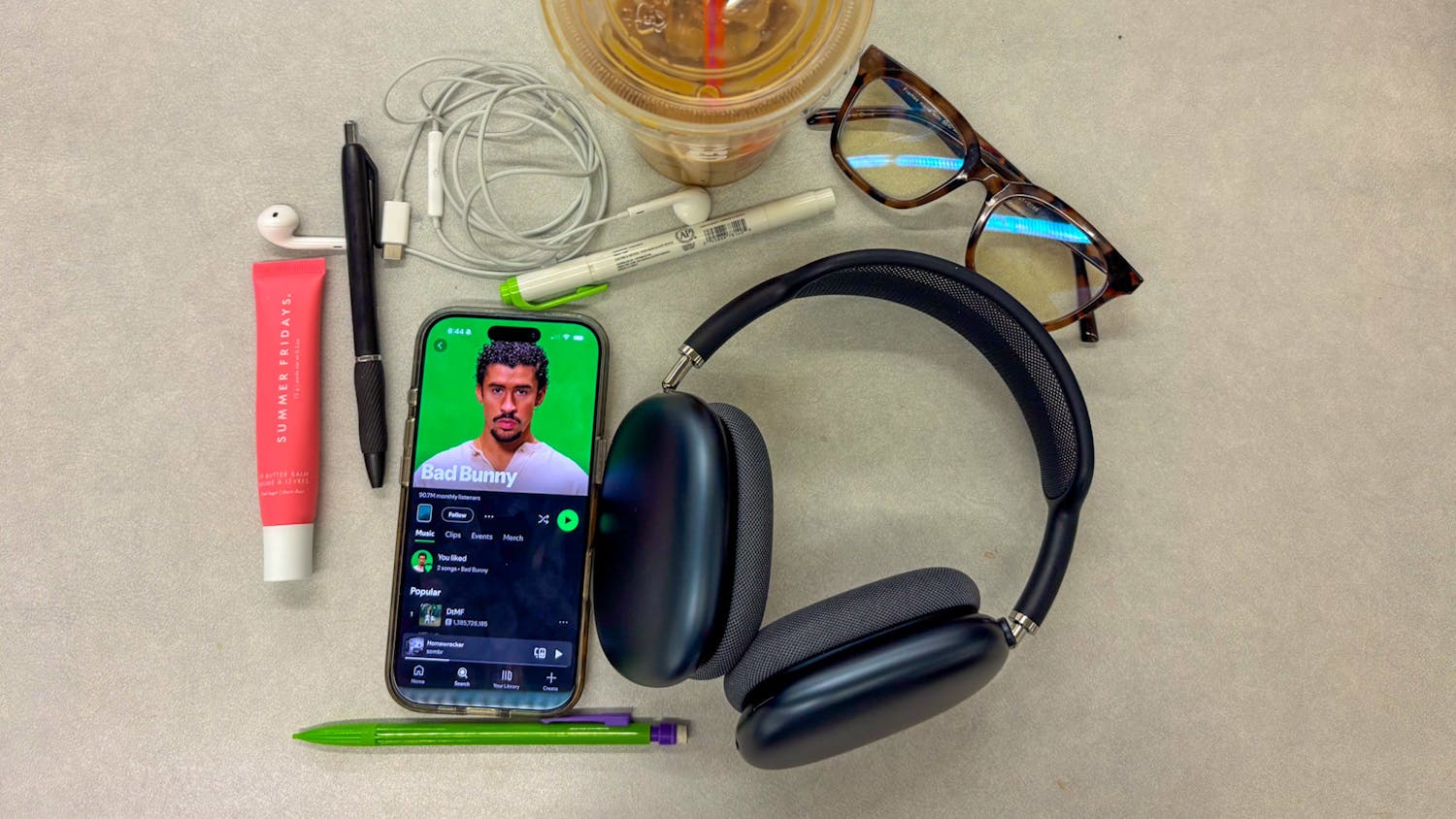[caption id="attachment_13307" align="alignnone" width="300"] Beyonce's Facebook[/caption]
“You know you that ‘bee’ when you cause all this conversation.”
Beyoncé, with her newly released single “Formation” reflected on the times and provoked conversations. From Republican Congressmen to SNL sketches and even the average American citizen, everyone seems to have joined the conversation.
A political tour de force, “Formation” spoke to us on many levels, and, in turn, brought the internet into a worldwide spin.
Set in New Orleans, the “Formation” video which some may consider the Black anthem of the century, uses Hurricane Katrina, clips of Beyoncé sinking a police car, graffiti on a wall that says, “stop shooting us,” and of a little boy in a black hoodie break dancing in front of a line of police
officers.
These images springboard to start conversations surrounding the historic structure of neglect, environmental injustice and racial terror enacted by the State vis-àvis its black citizens, and specifically those of the south.
Like the accomplished artist that she is, Beyoncé uses artistic weaponry to convey her message.
And so, “Formation” is a combination of metaphors and imagery with lyrics that are rapidly dismissed as simplistic, repetitive nonsense, but conjure a deeper message.
What is lost by many audiences is how in reclaiming black life and love, Beyoncé returned to a simplistic vernacular in which phrases like “I just might be a black Bill Gates in the making” and “The best revenge is your paper” are affirmations of black empowerment and success.
And others like “I’ve got hot sauce in my bag,” “I like my baby heirs with baby hair and afros,” and “Ok, ladies now let’s get into formation” are declarations of black self-love, women empowerment and a call to action to embrace physical, conceptual and spiritual culture.
There’s been a wild criticism of “Formation” where Beyoncé’s white audience felt alienated by the lyrics, the video and finally her Super Bowl performance.
The miscommunication about the song’s meaning fuels the conversation surrounding inequality, proving that in many ways Beyoncé, the black southern woman and artist, has succeeded in awakening the world to participate in a conversation that is long overdue.
Perle Desir can be reached at perle.desir@student.shu.edu.
Beyonce's Facebook[/caption]
“You know you that ‘bee’ when you cause all this conversation.”
Beyoncé, with her newly released single “Formation” reflected on the times and provoked conversations. From Republican Congressmen to SNL sketches and even the average American citizen, everyone seems to have joined the conversation.
A political tour de force, “Formation” spoke to us on many levels, and, in turn, brought the internet into a worldwide spin.
Set in New Orleans, the “Formation” video which some may consider the Black anthem of the century, uses Hurricane Katrina, clips of Beyoncé sinking a police car, graffiti on a wall that says, “stop shooting us,” and of a little boy in a black hoodie break dancing in front of a line of police
officers.
These images springboard to start conversations surrounding the historic structure of neglect, environmental injustice and racial terror enacted by the State vis-àvis its black citizens, and specifically those of the south.
Like the accomplished artist that she is, Beyoncé uses artistic weaponry to convey her message.
And so, “Formation” is a combination of metaphors and imagery with lyrics that are rapidly dismissed as simplistic, repetitive nonsense, but conjure a deeper message.
What is lost by many audiences is how in reclaiming black life and love, Beyoncé returned to a simplistic vernacular in which phrases like “I just might be a black Bill Gates in the making” and “The best revenge is your paper” are affirmations of black empowerment and success.
And others like “I’ve got hot sauce in my bag,” “I like my baby heirs with baby hair and afros,” and “Ok, ladies now let’s get into formation” are declarations of black self-love, women empowerment and a call to action to embrace physical, conceptual and spiritual culture.
There’s been a wild criticism of “Formation” where Beyoncé’s white audience felt alienated by the lyrics, the video and finally her Super Bowl performance.
The miscommunication about the song’s meaning fuels the conversation surrounding inequality, proving that in many ways Beyoncé, the black southern woman and artist, has succeeded in awakening the world to participate in a conversation that is long overdue.
Perle Desir can be reached at perle.desir@student.shu.edu.





